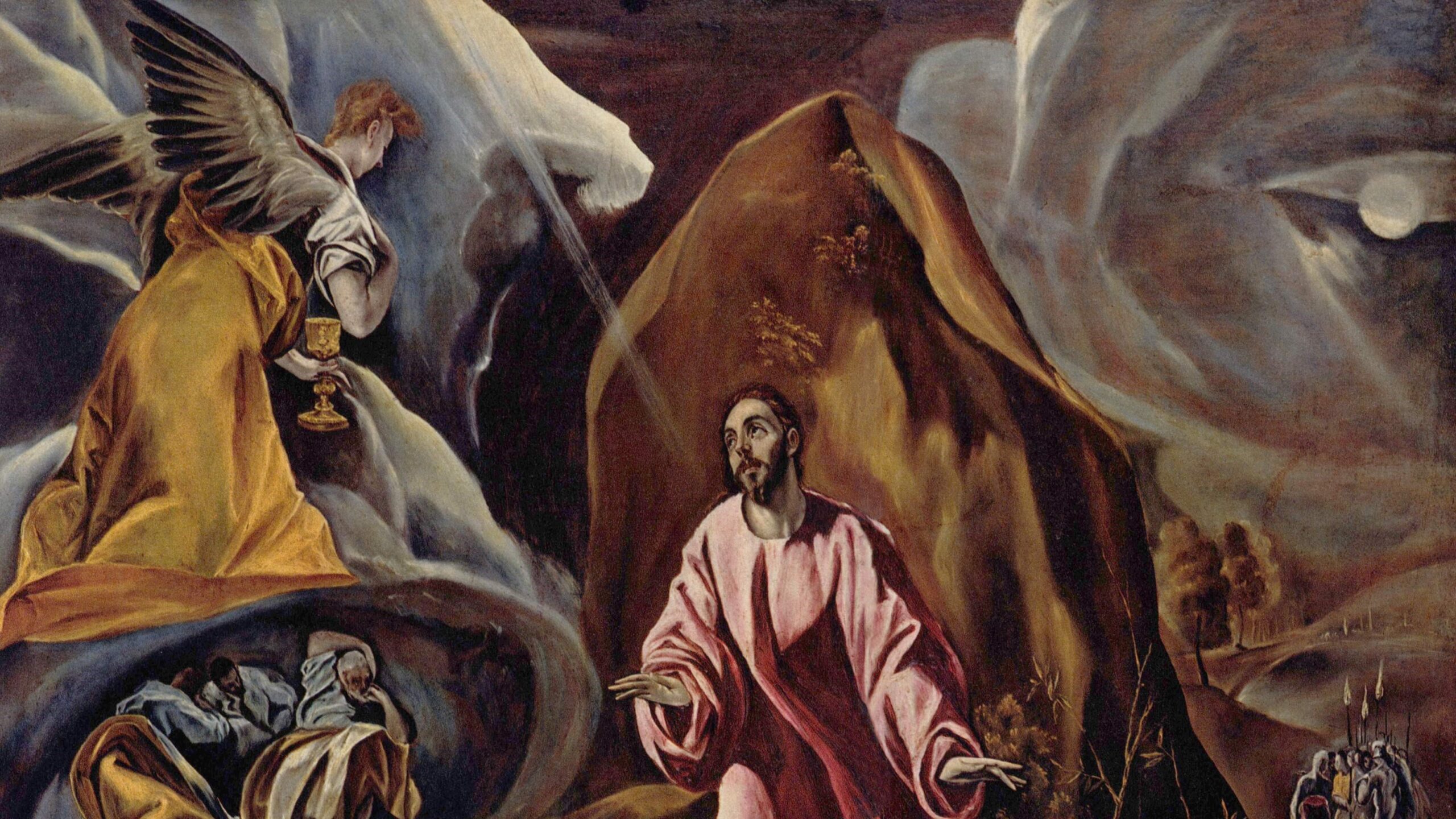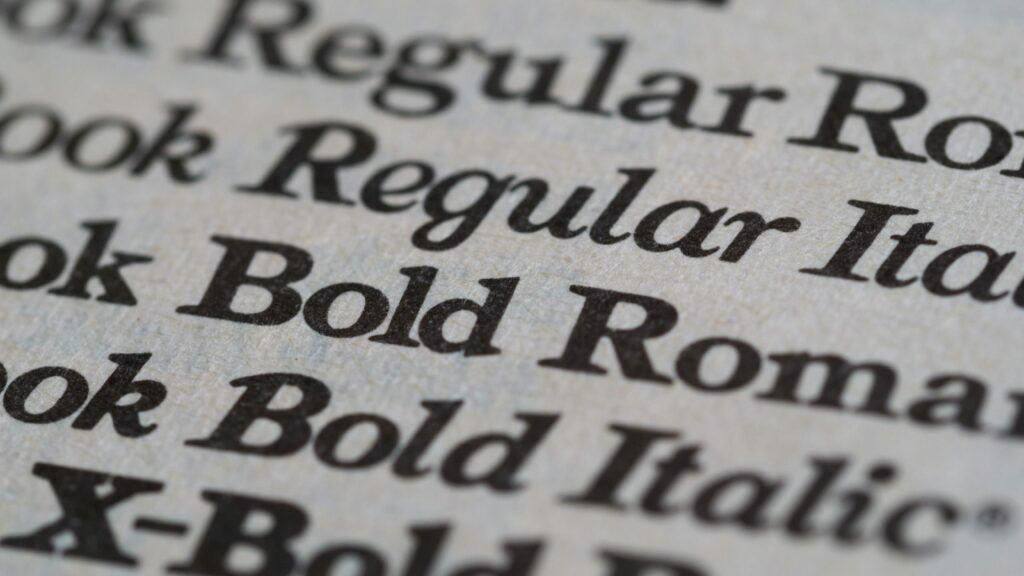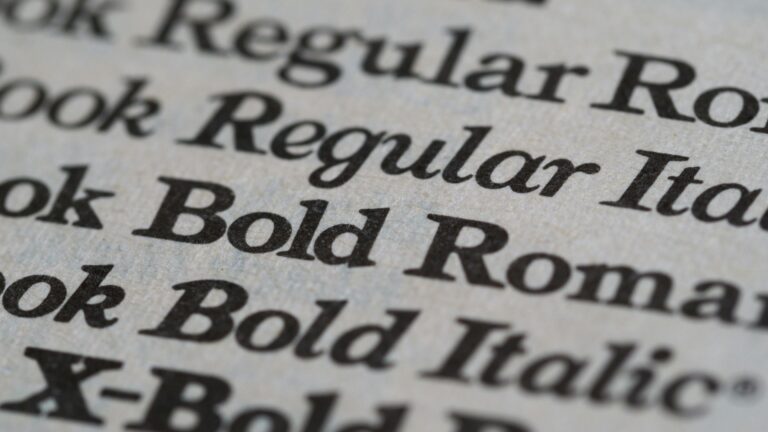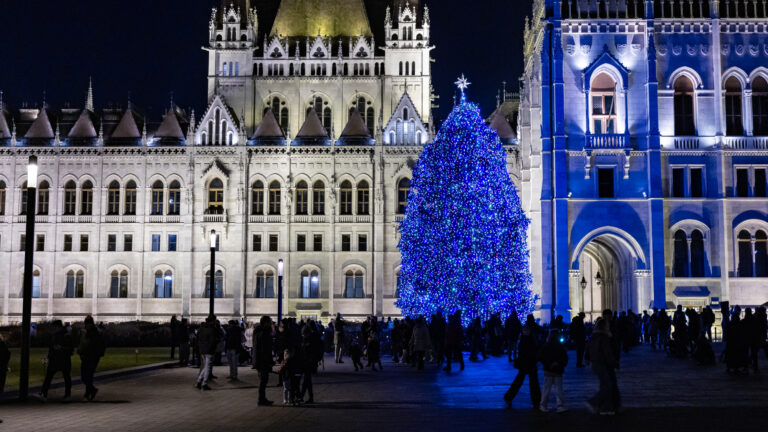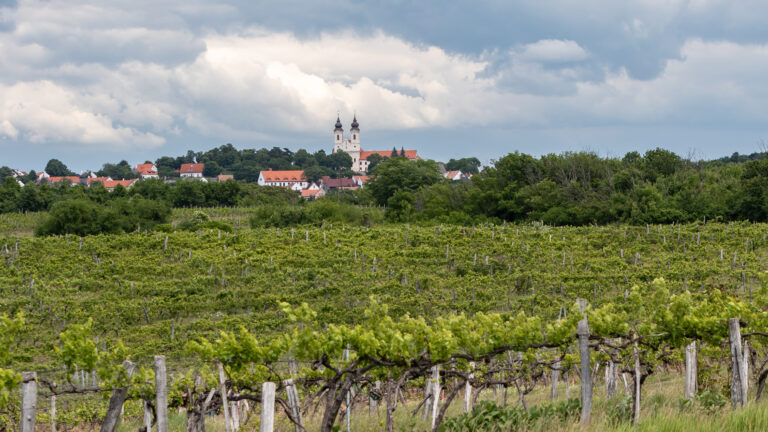Read the first part here.
The concept of culture has been defined in many different ways, and anthropologists, ethnologists, historians, and philosophers often have different definitions. We can speak of the ‘universal culture of mankind’ and at the same time of different ‘cultural circles’, of ‘nomadic and settled’ cultures in historical retrospect, of ‘tribal cultures’ (which at the same time exist in parallel with the modern world) but also of ‘sub-’ and ‘countercultures’ within modern culture.
Toynbee and Eliot: Anglo–Saxon Definitions of Civilization and Culture
The congruent concepts of culture and civilization have also come to the fore in Anglo–Saxon thought of philosophy of history, but typically less in opposition to the concept of civilization. Arnold J Toynbee, for example, one of the most respected British philosophers of history, makes no distinction at all between culture and civilization, while he declares civilizations to be ‘the primary units of history’ in a manner very close to Spengler’s concept of culture despite his anti-Spenglerian views. As Toynbee writes:
‘Spengler, whose method is to set up a metaphor and then proceed to argue from it as if it were a law based on observed phenomena, declares that every civilization passes through the same succession of ages as a human being; but his eloquence on this theme nowhere amounts to proof, and we have already noticed that societies are not in any sense living organisms. In subjective terms societies are the intelligible fields of historical study. In objective terms, they are the common ground between the respective fields of activity of a number of individual human beings, who are themselves living organisms but who cannot conjure up a giant in their own image out of the intersection of their own shadows and then breathe into this unsubstantial body the breath of their own life. The individual energies of all the human beings who constitute the so-called members of a society are the vital forces whose operation works out the history of that society, including its time-span. To declare dogmatically that every society has a predestined time-span is as foolish as it would be to declare that every play is bound to contain just so many acts.’ [1]
Toynbee, despite his Christian religious views, also represented the evolutionist, gradualist thinking of the Enlightenment with his theory of ‘effect-counter-effect’, indicating how deeply the belief in progress had penetrated the thinking of European man: even convincing some Christian thinkers of it’s validity. Toynbee argued that civilizations apply their innovations in response to challenges through which they evolve. However, Toynbee also spoke of various ‘stuck’ civilizations, such as, in his view, Polynesians, Eskimos, or nomads were doomed to face a challenge that stood on the borderline between provoking a successful response and defeat.
One of the best-known British conservative definitions of culture comes from poet and philosopher T S Eliot. Among the thinkers listed so far, Eliot’s concept of culture is most closely related to religion as spiritual imbuer of matter, as it is closely related to his concept of Christianity. In contrast to Toynbee, although he also uses the terms culture and civilization in a congruent way, he was more concerned with defining culture and capturing its essence. As early as March 1939, in a series of lectures at Corpus Christi College (later published as The Idea of Christian Society), he approached the concept of culture primarily through social critique: in his view, contemporary culture (ie ‘liberal culture’) is ‘negative’ (ie nihilistic) above all because it is exclusively determined by worldly goals.[2] In this definition, Eliot is completely—even maybe unconsciously—in favour of the ancient and medieval (ie pre-modern) definition of culture, much more so than Spengler. For him, too, culture can be described essentially in terms of ‘spiritual cultivation’ (ie imbuing).
‘Without culture…there is no point at all in being human, and it is culture that justifies the content of our existence on Earth’
Eliot not only identified modern ‘development’ with the expansion of culture, but he saw no link between the two concepts. For him, the Christian religious form was the representative of spiritual influences, and the ‘mechanism’ of the modern age was something that was not Christian but served anti-Christian ends.[3] If it depended solely on modernity, there would be no such thing as Christianity:
‘I confine myself therefore to the assertion, which I think few will dispute, that a great deal of the machinery of modern life is merely a sanction for un-Christian aims, that it is not only hostile to the conscious pursuit of the Christian life in the world by the few, but to the maintenance of any Christian society of the world.’[4]
Since, according to Eliot, a society ceases to be Christian only when it becomes something else, it can still be formally Christian, but its existence can be not for a long time, since no negative culture, devoid of positive affirmations, can be sustained permanently.[5] The demands of efficiency, economic and spiritual factors alike, force a culture to become positive. Thus, according to him, the choice is between a new, positive Christian culture and a positive (that is, assertive, not merely denialist) pagan culture (and society).[6]
Culture is thus defined, above all, for Eliot, by the formulation of ‘positive propositions’, but, according to him, the main socio-political ideas of his own time, which the ‘Euro–Atlantic’ civilization considers to be sacred, are ideas born of denials. These two concepts put on a pedestal are liberalism and democracy. [7]
One of Eliot’s major theoretical works, Notes Towards the Definition of Culture, was published after the Second World War. Eliot’s ambition, in his own words, is to define a word, namely ‘the word culture’.[8] In this work Eliot creates a much fuller and more complex concept of culture than in The Idea of Christian Society, but nevertheless the basic idea of the two works is similar, that of positive (ie value-posing) and negative (ie denialist) societies. Religion is also a central theme in this work, and the general decline of culture, according to Eliot, has not stopped in the nearly ten years between the two works. In fact, Eliot explicitly states that culture has entered a precipitous decline: its standards are lower than they were 50 years ago, and that the evidences of this decline are visible in every department of human activity. [9]
Eliot’s approach to culture is strongly conservative, but by no means traditionalist in the sense that he would seek to solve the problem of culture simply by clinging to or re-creating tradition. Nor can culture be simply identified with the concept of tradition, although the two are closely related. In After Strange Gods he is highly critical of conservatives who do nothing more than try to preserve a past state of affairs, as well as of those who believe that it is possible to revive the cultural (and other) traditions of the past. This is no way to breathe life into a dying tree of culture.[10] Tradition is not something that is immovable or unmovable, and it is not the forms of the past that are worth clinging to, but the spirit that animated those forms.[11]
Without culture, Eliot argues, there is no point at all in being human, and it is culture that justifies the content of our existence on Earth for the generations that follow us.
‘Culture may even be described simply as that which makes life worth living. And it is what justifies other peoples and other generations in saying, when they contemplate the remains and the influence of an extinct civilisation, that it was worth while for that civilisation to have existed.’[12]
‘Modernity is not culture but “pseudo-culture”’
Eliot, however, argues that culture is the result of activities—more or less interrelated—that are pursued for their own sake, rather than something that is deliberately created. There is a strong sense of spontaneity in the notion of culture, which can never be planned. Culture therefore includes, in fact, all habitual activities that are related to the activities of society. The author—not surprisingly—draws his examples from British culture, which includes as its most typical contents, for example, the following:
‘…Derby Day, Henley Regatta, Cowes, the twelfth of August, a cup final, the dog races, the pin table, the dart board, Wensleydale cheese, boiled cabbage cut into sections, beetroot in vinegar, nineteenth century Gothic churches and the music of Elgar. The reader can make his own list. And then we have to face the strange idea that what is part of our culture is also a part of our lived religion.’[13]
At the same time, a culture is always self-identical for this very reason; we cannot speak of liberalism’s notion of a ‘world culture’ according to Eliot: culture is always a boundary, a demarcation, there is no one universally understood culture, only different ones: similar or very different cultures.
The Phenomenon and Concept of Culture Today
On the basis of some important progressive and conservative authors who have reviewed the phenomenon and concept of culture, we can say that its concept has become largely relative in relation to the various definitions, and even that its meaning seems to be, in some cases, quite contradictory. How is it possible that there is such a divergence of interpretations?
The progressive side has essentially maintained the doctrine of cultural evolution to this day: it has not given up the Kantian idea that (real) culture is not ‘was’ but ‘will be’. Nor has it abandoned the belief that all history that preceded modernity was merely a long prelude to the industrial and social revolution, to scientific rationalism and the closely related unfolding of modernity, which is in fact par excellence culture. It is the modern world which creates ‘a life worth living’ and if there is anything we can appreciate from the pre-modern era, it is that it points in the direction of modernity.
The other side, with more radical or more restrained emphases, but still articulates the losses associated with the dominance of modernity. Although various conservative thinkers and trends disagree on whether the link between modernity and the past is completely severed or not, almost all conservative (or rightly so called) thinkers agree that the unfolding of modernity has been accompanied by losses that are not certainly balanced by benefits. Cultural conservatism, which can only be taken in the most superficial sense as ‘adherence to custom and institutions’, in fact assumes that modernity is not culture but ‘pseudo-culture’: as we have seen, in Eliot’s understanding of conservatism, modernity is explicitly at the service of ‘anti-Christian ends’. The spirit of modernity is something that cultivates (that is, permeates) ‘matter’ but does not permeate it in the positive direction that genuine Christianity does. It undoubtedly exudes an ideology and a set of values, but this set of values is mostly one that encourages man to fetishize material goods; hence many of the problems we face today: above all the typical modern diseases and the ecological crisis that is closely linked to them.
To evaluate these differences, we have still no other starting point than the Ciceronian definition of culture. If we attribute to modernity an ideology—and in all likelihood it is right to do so—and if we find the unfolding of this ideology (despite its many shades, nuances and variants) essentially in the Renaissance and Enlightenment rationalism on which modern culture was founded, it would certainly be difficult to deny its anti-religious edge. Whatever the perceived or real advantages of modernity, the more modern a society becomes, the more it eliminates religion from itself: the more secular and the more materialistic it is.
‘The question is, in today’s world, what is sacred?’
If this is positive, of course the progressives are right; but if culture is seen in the sense of original cultivation, ie spiritual penetration of matter, then technological complexity becomes much less of a measure of the level of the real development of a culture. Technology does nothing to do with man’s spiritual self-exaltation or ultimate freedom. In fact, in the long run, despite its undeniable short-term benefits, what it creates is dependency and determinism. There are countless examples of this in the modern world, from the mechanization of work to the mind-control mechanisms of the press and political propaganda, all carried out by machines. Man finally becomes an appendage of the machines, and whoever controls the machines controls the people. Sceptics can argue about the ideal social order, or about the consequences that the technicization of life will ultimately lead to, but one cannot deny the phenomenon of ecological crisis or the ubiquitous loss of value. What would a completely devalued world look like?
As Paul Kingsnorth puts it: ‘if you live in the West today, you don’t have to imagine it. You are among ruins, and you have lived your whole life. These are the ruins of something called Christianity…’ But, as the author points out: ‘we can’t live among ruins for long. People are builders, and nature abhors a vacuum.’
Man is incapable of existing for long as a non-religious being. Whether this religion be Christian or other – for we may speak of a modern ‘religion’ of progress. If we consider it meaningful to preserve our culture, or see at least some things in it worth preserving, we must turn our attention to something that can give our lives a more meaningful purpose than the current consumerism or Promethean attempts at transhumanism. ‘All culture is built around a sacred core,’ Kingsnorth says. The question is, in today’s world, what is sacred?
[1] Arnold J Toynbee, A Study of History (abridged by D C Somerveil), Oxford, Oxford University Press,, 1946, 247–8.
[2] T S Eliot, Christianity and Culture. The Idea of a Christian Society and Notes towards the Definition of Culture, Boston, Mariner Books, 1960, 27.
[3] As Attila Károly Molnár puts it: ‘He took the label of modernism from theology, and from an early age he linked theological and political modernism with romanticism, Rousseau and intuitionism…Modernism, as Eliot understands it, blurs the human-divine boundary, emphasizes intuition, makes humanity a god unto itself, placing too much faith in man’s unlimited moral capacities.’ Attila Károly Molnár, ‘From Hell to Purgatory’, In T. S. Eliot: The Idea of a Christian Society, Budapest, Századvég, 101–135, 105.
[4] Eliot, 1960, 27.
[5] Ibid, 6–7.
[6] By ‘pagan’ Eliot does not actually mean the classical concept of paganism, ie man of a different religion from Christianity, but modern atheistic-materialistic man.
[7] ‘What the Western world has stood for—and by that I mean the terms to which it has attributed sanctity—is “Liberalism” and “Democracy”.’ Eliot,1960, 11.
[8] Eliot, 1960, 85.
[9] Ibid, 91.
[10] ‘Energy may be wasted at that point in a frantic endeavour to gather the leaves as they fall and gum them onto the branches: but the sound tree will put forth new leaves, and the dry tree should be put to the axe.’ T S Eliot, After Strange Gods. A primer of Heresy, https://www. gornahoor.net/library/AfterStrangeGods.pdf, 5.
‘Tradition by itself is not enough; it must be perpetually criticised and brought up to date under the supervision of what I call orthodoxy; and for the lack of this supervision it is now the sentimental tenuity that we find it. Most ‘defenders of tradition’ are mere conservatives, unable to distinguish between the permanent and the temporary, the essential and the accidental. ’ After Strange Gods, 24–25.
[11] ‘We are always in danger, in clinging to an old tradition, or attempting to re-establish one, of confusing the vital and the unessential, the real and the sentimental. Our second danger is to associate tradition with the immovable; to think of it as something hostile to all change; to aim to return to some previous condition which we imagine as having been capable of preservation in perpetuity, instead of aiming to stimulate the life which produced that condition in its time. ’ After Strange Gods, 5.
[12] T S Eliot, 1960, 100.
[13] Ibid, 104.
Related more from the same author:

